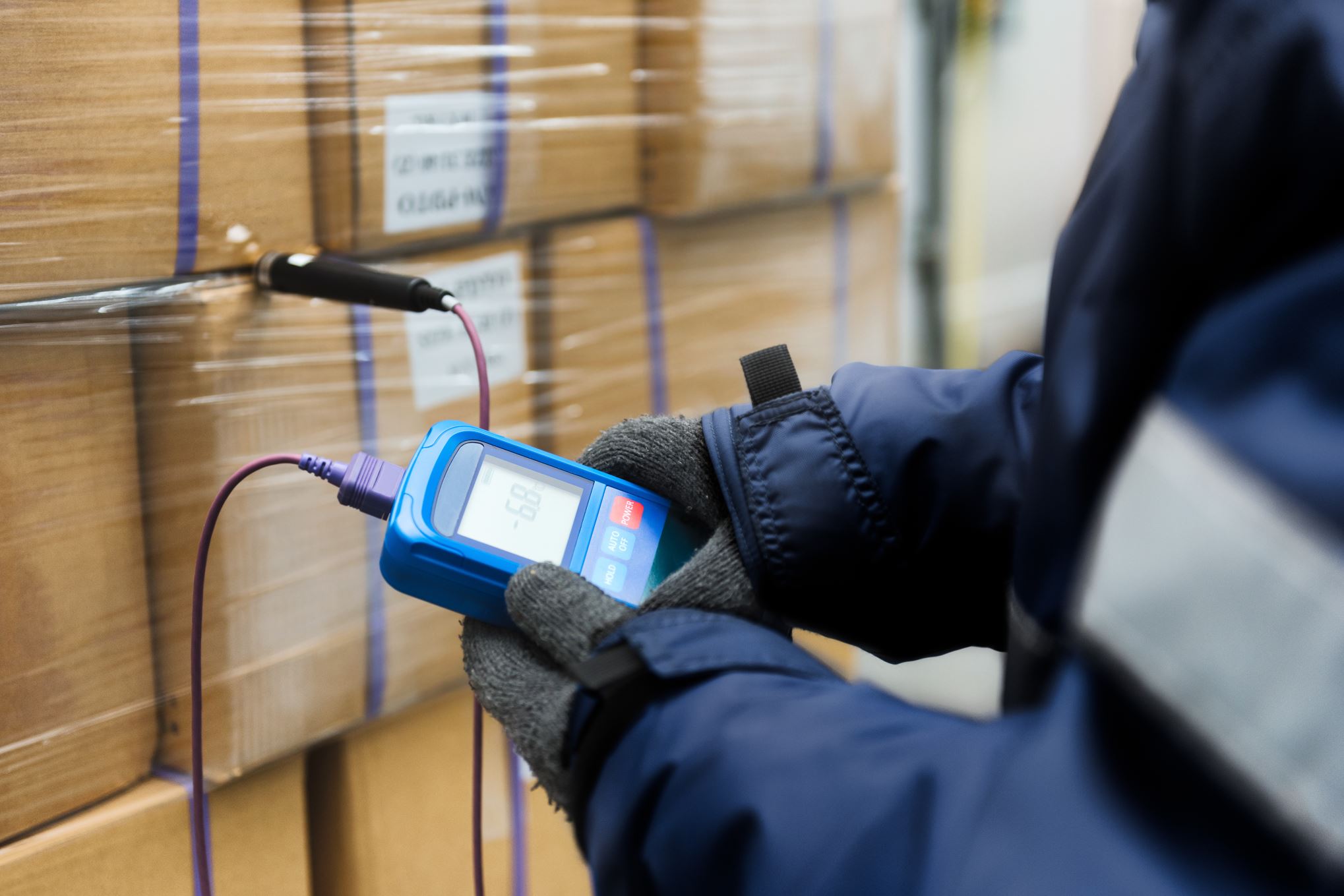When it comes to shipping quality perishable foods, it is important to use a freight forwarding company with expertise in this area. Avion has 12 years’ experience in shipping some of the biggest names in food and beverages across the globe and pride themselves on handling all items as the precious cargo it is.
To ensure delicate food items including luxury wine and gourmet cheese are safely forwarded from the country of origin to dinner tables around the world, Avion relies on its expertise and knowledgeable partners around the globe, plus its state-of-the-art shipping system.
Marco Viglietta, Managing Director at Avion International Australia, said that 20 per cent of Avion’s business is shipping foodstuffs, so they really know their stuff.
“Attention to detail and the exchange of information with producers allows Avion to learn about the requirements associated with the individual product to be transported,” he said.
The behind-the-scenes tasks of loading and unloading containers of perishable food items is another area where freight forwarders must take extra care.
“Many years behind forklifts and with our sleeves rolled up gave us a different vision and attention to detail when we move these items,” said Mr Viglietta.
Why cold needs to stay cold
Keeping cold food cold is vital during airfreight transportation, with the safe temperature for shipping food being 5°C. Potentially hazardous foods need to be kept at these temperatures to prevent any bacteria, which may be present in the food, from multiplying to dangerous levels.
Gold standard practice is to use either reefer containers or temperature-controlled Unit Load Devices (ULD) to maintain temperature on international transit and refrigerated vehicles on end delivery to client.
The complexities of shipping cheese
Gourmet food items come with premium price tags and clients with exacting demands. Wheels of aged Parmesan cheese, for example, can retail for up to $2,000, so ensuring they reach their destination in pristine condition is vital.
Not all cheeses are created equal, however: some cheeses require shipping at 5°C, some require an ambient temperature between 20°C to 30°C, while others have their shipping requirement temperature specified by the supplier.
To ensure cheese can breathe during transportation, Avion ensures:
- Adequate ventilation
- Correct packaging that is intact and shows no sign of rips or incorrect sealing
- Especially pungent cheeses are not shipped too closely to more delicate cheeses. Blue cheeses, for example, could transfer their unique smell to more mild cheeses if stacked too closely together.
In order to support the expansion of Australian import and export of cheese, Avion developed a platform allowing businesses that ship less than a full container of cheese across the world to do so in safe, temperature-controlled containers.
Transporting wine at a safe temperature
Another area where every degree counts is wine. Screw-top wine may be popular in Australia, but many wine-producing districts around the world package their wine with corks. For cork-topped wine bottles, it is important that the cork has sealed the bottle properly prior to shipping.
“It’s easy to lose market share when a product is not well transported, and the table and the clientele are the final judge,” said Mr Viglietta.
“Moving wines in correct temperature-controlled conditions is respectful to a sublime product like wine, as well as to the consumer and the long-term vision of every businessperson keen to develop the imported wine industry.”
Avion ensures all wine – and other forms of alcohol – are correctly and safely packaged prior to transportation to prevent breakage en route. Shipping wine in a dry container at a temperature between 15-20°C is best practice to maintain optimal quality during transport.
Avion created a consolidated service allowing importers with less than a container-load to transport wine in containers with stable temperatures to safeguard the product’s quality.
Caring for your gourmet produce
Avion knows how important is for customers to receive their luxury food products on time and in immaculate condition, and offer reliable international shipping services for the major food and beverage markets. Refrigerated ATP (Accord Transport Perissable) isothermal shipping is governed by strict regulations that are extremely important for the quality of products arriving at final consumers. Constant temperature monitoring is essential from storage right through to final delivery.
The use of data loggers, which record the temperature and humidity of the environments in which the goods travel, allows real-time shipment monitoring throughout all stages of product supply chain.
Avion can provide a temperature reader or data logger in the shipment, which the customer can review. These record the temperature and humidity of the environments in which the goods travel, allow real-time shipment monitoring throughout all stages of the food and perishable product supply chain, and ensure that the goods are shipped at the right temperature.
Learn more about how Avion can help your business with food or wine shipping, or request a quote.


